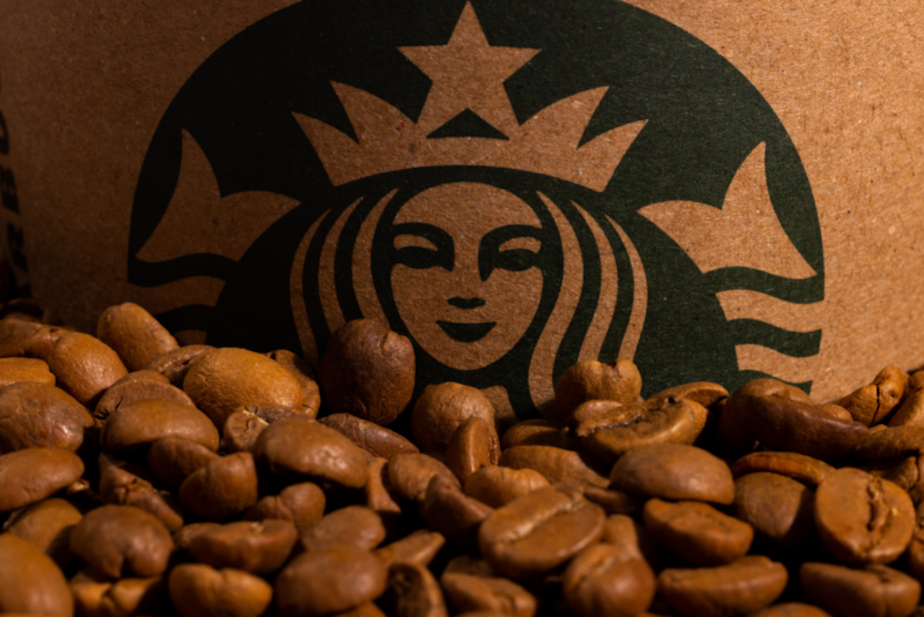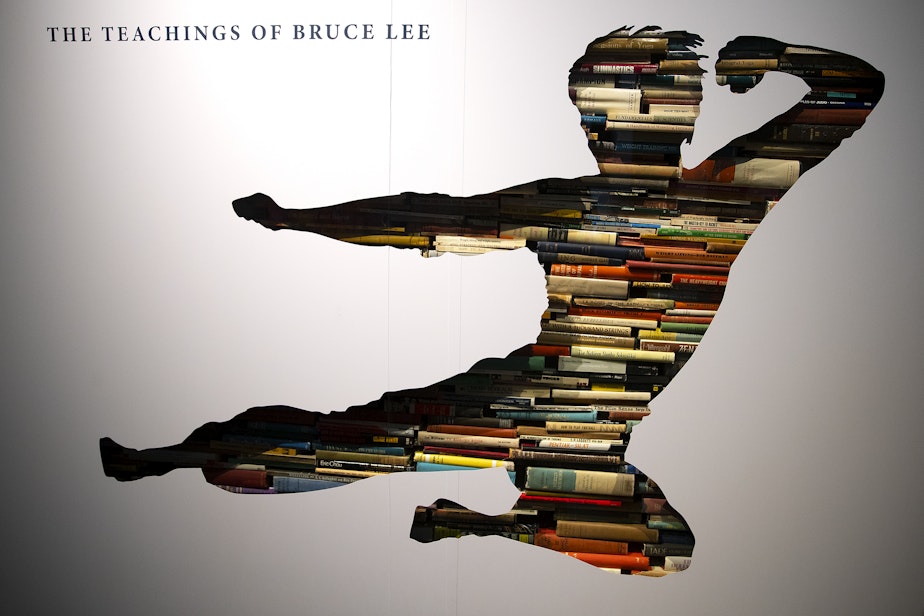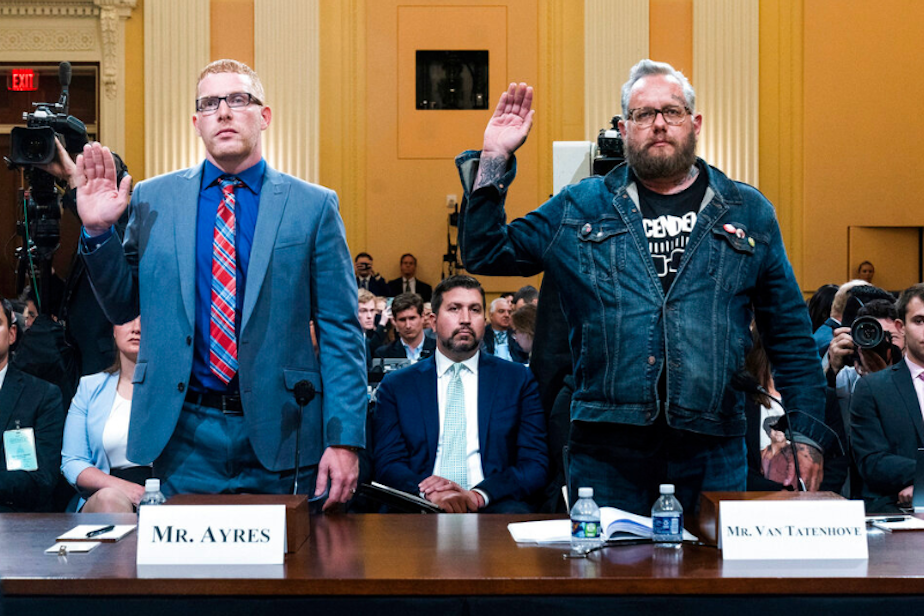These Seattle Starbucks locations lost steam: Today So Far

- Starbucks is closing five locations in Seattle, and one in Everett, citing safety concerns. Local react to the decision.
- How science is heating up cold cases in Washington state.
This post originally appeared in KUOW's Today So Far newsletter for July 13, 2022.
Starbucks is closing six locations in Western Washington — five in Seattle and one in Everett. The reason for the local closures, according to Starbucks, is a considerable increase in crime around theses locations, which has made it unsafe for employees.
“They have stuff for kids sometimes, it's just a lot of people, it's usually the older Ethiopian guys enjoying coffee — and just it's a cool coffee shop," said Makini Howell, who usually walks her dog Copper to the Starbucks at 23rd Avenue South and South Jackson Street.
But that location is now closed. Howell was surprised to hear why the location closed. Across the street, at the Hillcrest Market, Blake Crawford says he's not surprised. He says the market has gotten so used to robberies that staff have started keeping pepper spray and tasers on hand. The store has stopped bothering to call police due to a lack of response (he says the fire department usually comes right away, however).
KUOW's Casey Martin has the full story here.
Science! It's not just for combatting a global pandemic. It can help solve decades-old cold cases. Detectives at a handful of police departments in Washington state have begun pulling old evidence that contains DNA and running it through modern databases. It's a method that has already produced suspects and trials.
Sponsored
Recently, detectives in Pullman and McCleary began running DNA from rape cases through public genealogy databases — services that help people track their ancestry through DNA. Both crimes occurred in 2003, but the cases are unrelated. For nearly two decades, they remained unsolved.
This is part of a modern effort to use DNA to address such cold cases. Attorney General Bob Ferguson began a program in 2019 that collects DNA samples from convicted sex offenders in the state. Those samples are uploaded to a national database. It's already produced eight hits for DNA that is related to unsolved crimes.
That's what happened for police in Pullman and McCleary. They received grant money from the AG's office to run the DNA through the ancestry database. It led them to suspects in both crimes, who have now been arrested.
Read the full story here.
AS SEEN ON KUOW

"Be Water, My Friend: The Teachings of Bruce Lee" opened this month at the Wing Luke Museum in Seattle. The exhibit produced by Lee's family explores the philosophy and teachings of the martial arts expert and movie start who has roots in Seattle. (Megan Farmer / KUOW)
DID YOU KNOW?
Starbucks is widely known today for baristas, lattes and fancy drinks, and for ordering coffee sizes in different languages, most of which mean something that is large.
But for the first 10-ish years that Starbucks was up and running, it didn't sell drinks at all. After naming the business after a character in "Moby-Dick," Starbucks' three founders — Jerry Baldwin, Gordon Bowker, and Zev Siegl started a store at Pike Place Market in 1971. The business model was to just sell quality coffee beans and coffee equipment — no drinks. Customers walked away with bags of roasted coffee.
In the 1980s, an employee named Howard Schultz left the company to start coffee shops of his own that brewed and sold cups of coffee, lattes, etc. The company was called Il Giornale. In 1987, Schultz purchased the Starbucks brand and converted the company over to his brewed coffee shop model. It still sold beans, but Starbucks became the "third place" we all know today.
ALSO ON OUR MINDS

Jan. 6 panel shows evidence of coordination between far-right groups and Trump allies
The House select committee investigating the attack on the U.S. Capitol tried to make the case Tuesday that far-right groups and the effort to overturn the 2020 presidential election are inextricably linked, detailing the mobilization of extremist groups after then-President Trump sent a tweet on Dec. 19, 2020, calling for supporters to protest in D.C. on Jan. 6.

